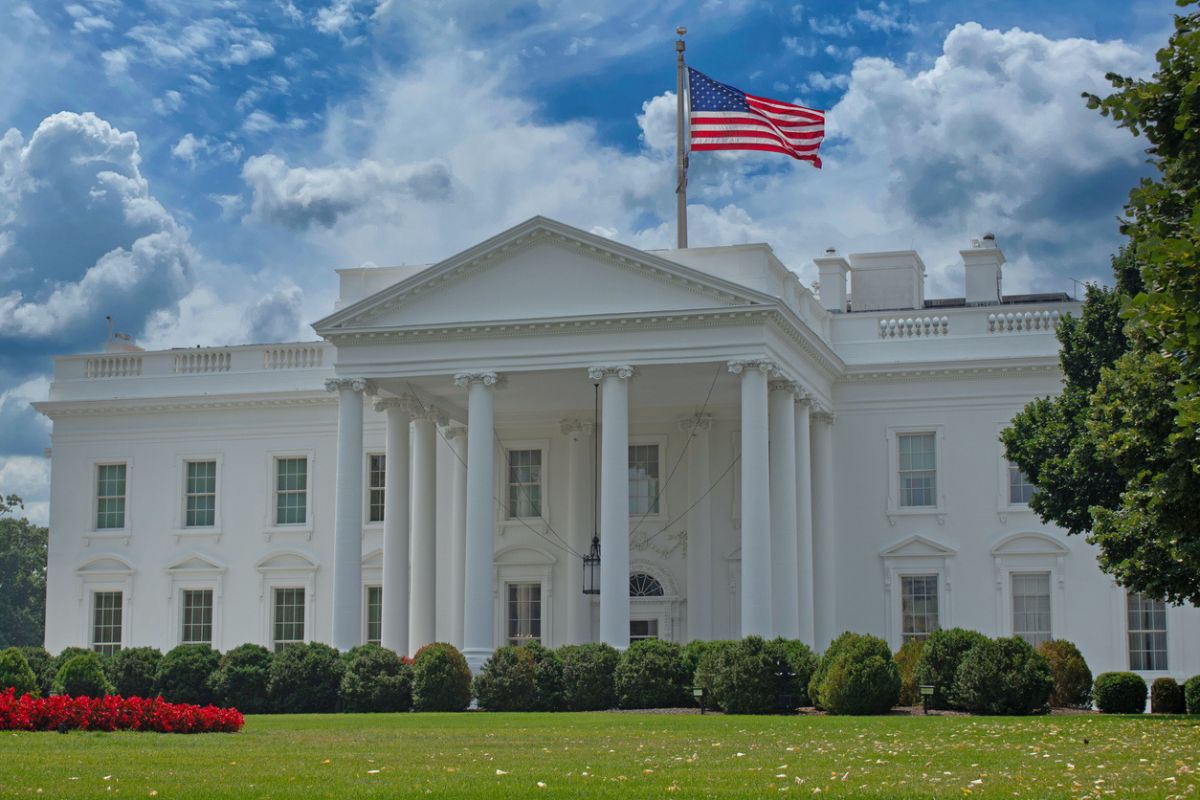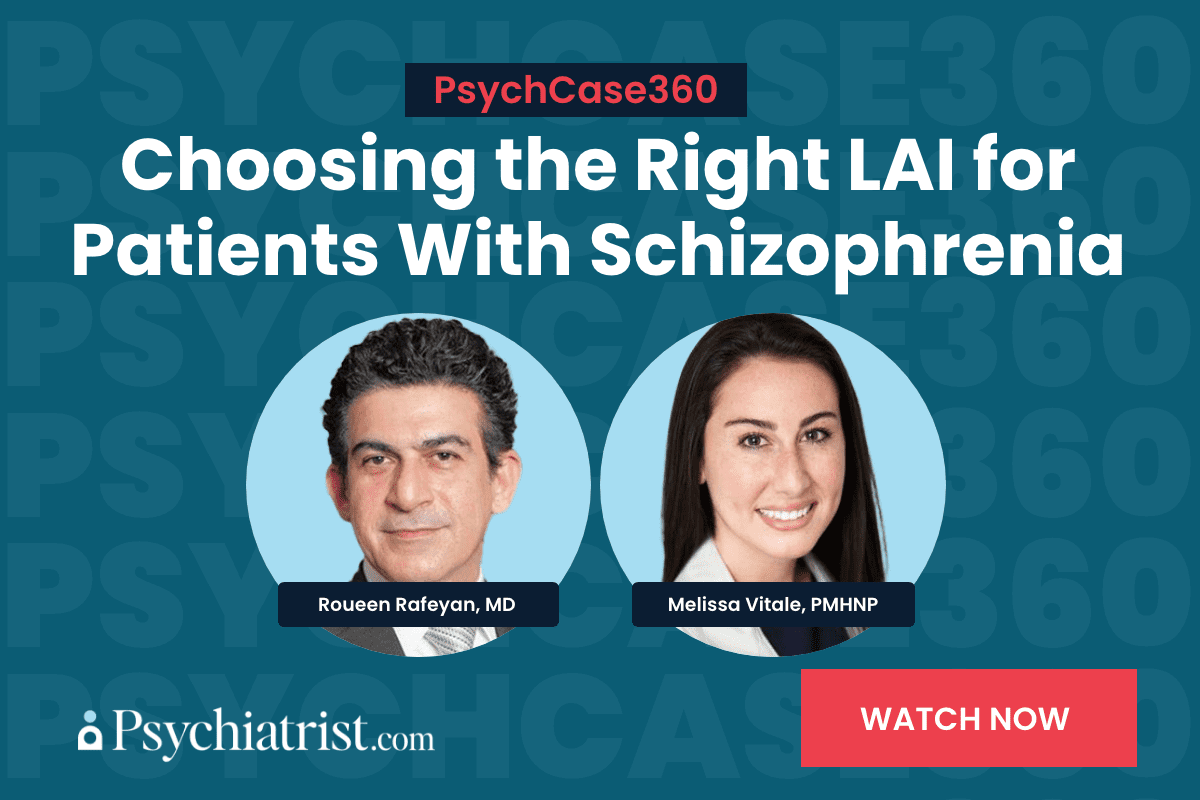One of America’s largest ketamine clinic networks shut down in March due to financial issues. Patients were left scrambling.
Ketamine Wellness Centers, with 13 former locations across nine states, was acquired by Canadian company Delic Holdings Corporation in 2021. According to Ketamine Wellness Centers (KWC) CEO Kevin Nicholson, the deal didn’t end up going as planned.
In a March 10 email to patients, Nicholson wrote: “In one year’s time, KWC became the funding arm of Delic instead of the recipient. We could not take on additional overhead along with the new, and thus, low volume clinics. I was forced to close four clinics last week with the promise of imminent funding but it never materialized. So now, unable to pay staff, I am forced to close all operations.”
The same week, another Canadian psychedelic treatment network, Field Trip Health & Wellness, which offers both psilocybin and ketamine therapies, shuttered locations in Chicago, San Diego, Washington, D.C., Seattle, and Fredericton, Canada. Field Trip said the closures were in an effort to reduce expenditures and preserve capital. Earlier in March, a Netherlands-owned psilocybin therapy training center, Synthesis Institute, also closed its doors due to financial issues.
Clinical Effectiveness of Intravenous Racemic Ketamine Infusions
Ketamine Assisted Psychotherapy for Treatment-Resistant Depression
Combining Ketamine and Psychotherapy for PTSD
What Went Wrong
“Why did these fail? These were private equity deals, and they ran out of runway. These places opened up, they opened up a lot of clinics, they opened up very fast, and they thought ‘If you build it, they will come.’ And it’s a much slower matriculation than I think their models had,” Patrick Oliver, MD, the medical director for MindPeace Clinics ketamine centers told Psychiatrist.com.
One factor investors might not have considered is that Spravato, the FDA-approved, intranasal esketamine therapy owned by Janssen, is not always covered by insurance. Patients submit reimbursement codes, and their insurance may cover the treatment if deemed “medically necessary.”
“The number of people who are willing to pay between $3,000-$5,000 for an initial series of infusions isn’t uber high,” Oliver noted.
Many investors also made the mistake of thinking ketamine centers would work like urgent care facilities, rolling through as many patients a day as possible. But ketamine therapy sessions can take up to three hours as patients must stay two hours for observation after receiving treatment.
“Let’s be very honest: This is critical care medicine. Half of my patients are suicidal. The system takes time,” Oliver stressed.
The Individual Impact
The closures were sudden, leaving many patients uncertain and afraid. As of September 2022, KWC had treated nearly 100,000 patients since its 2011 launch. “They’re very sick patients, and then they had their clinic taken away from them overnight,” said Oliver. “It’s brutal for these patients; it’s traumatic.”
The clinic offered neither prior notice nor referrals to new treatment centers or doctors. Some patients claim they were unable to access their own health records. This meant they couldn’t continue where they left off in their treatment cycle. They had to start over somewhere new, a significant investment of time and money.
With somewhere between 600-1,000 ketamine clinics operating in the United States, it’s not particularly difficult for most folks to find a new treatment center. But, some patients who don’t live in large metropolitan areas said they’re now driving hours out of their way to receive treatment. And authorizing first-time patients can be a long process. “It took us like six or eight months for one patient to get a prior authorization,” Oliver noted.
A Better Way Forward
While KWC and Field Trip were not fiscally sound, Oliver said he believes there’s a way for ketamine centers to ultimately become lucrative. According to Oliver, Janssen initially intended for individual psychiatrists to administer Spravato in their offices. He doesn’t find this option feasible.
“The reality is the reimbursement isn’t that great, and in COVID, all the psychiatrists went home and put on bunny slippers, and they haven’t come out yet. They’re all doing telemedicine; they’re not in the office to do this,” he says.
Plus, traditional psychiatrists are not as comfortable as interventional psychiatrists at administering anesthetics, starting IVs, or handling complications. “If you went to a medical oncologist, they’re not doing their own radiation, they’re sending you to a radiation oncologist,” he said. He added that clinical psychiatrists should do the same and send procedures like transcranial magnetic stimulation (TMS), electroconvulsive therapy (ECT), and psychedelic treatments like ketamine and psilocybin to the more experienced interventionalists.
Oliver predicted that between 2-5 big players will eventually emerge and buy up small ketamine clinics. “Just like with DaVita dialysis,” he said. “They literally came and they just bought up all these very small dialysis clinics and made a very lucrative model.” This, he said, would ensure the clinics won’t vanish again overnight.



